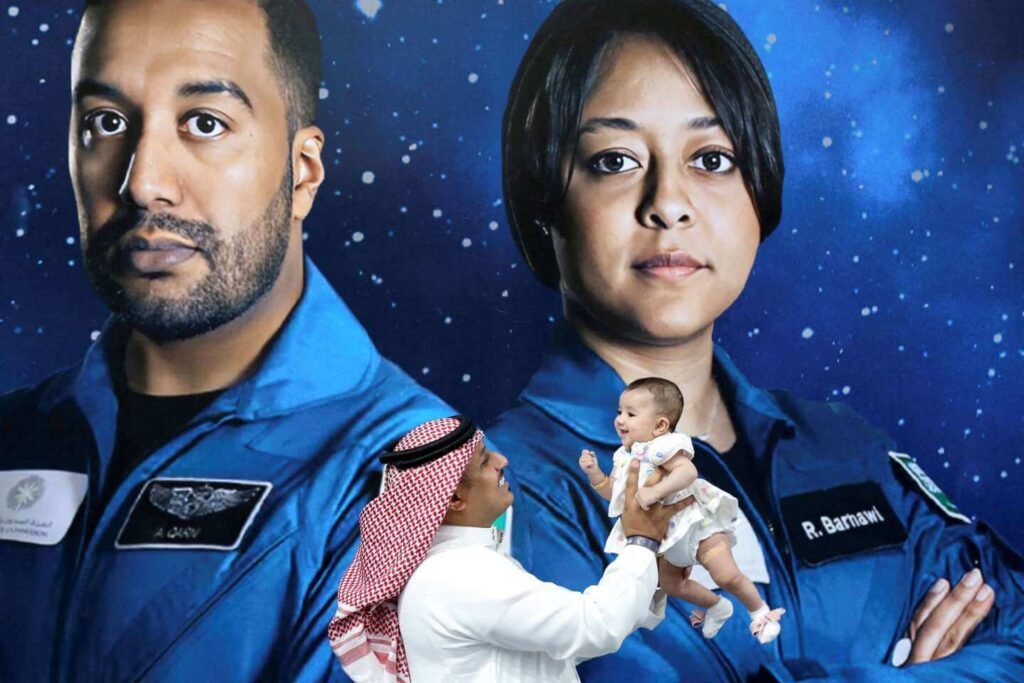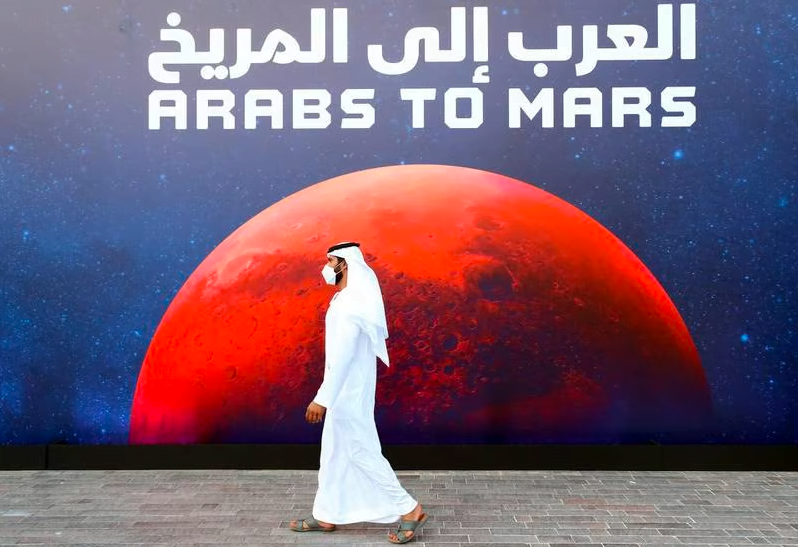Gulf Countries Deserve Part in Space. Saudi Arabia and UAE are known to invest more than any other Gulf State in the region. Whenever Astronauts from Saudi or UAE embark on a Space mission, social media is filled with critiques.
Such negative comments are quite demoralizing. However, reliance on foreign technologies is something that super-rich states of the Gulf could develop on their own.
Both the countries, along with other Gulf states, reserve complete rights to take part in space missions or develop their own missions. But, certainly, outsourcing saves a huge cost of research and development.
Read More: Treasures on South Pole of Moon
In the context of space missions led by Saudi Arabia and the UAE in the Gulf region, the goals go well beyond simple space tourism. These missions are primarily focused on conducting important scientific and environmental experiments with lasting implications.

This is evident in the careful selection of Gulf astronauts, who come from diverse backgrounds including aviation, medicine, engineering, biology, chemistry, and environmental studies. Their main responsibility is to carry out experiments in their respective fields, making significant contributions to the advancement of space science.
Read More: Aditya-L1: India’s First Solar Mission
These efforts are part of a larger initiative in several GCC countries to increase the portion of their GDP dedicated to scientific research. This is particularly relevant for addressing issues specific to the Gulf region, such as desertification, water scarcity, artificial rain generation, and certain diseases that are prevalent in the region. Space missions cannot be carried out for free. Just as one has to pay for an airplane ticket, there are costs associated with launching missions into space.
In both cases, critics overlook the significance of these transformations and the active role that Gulf countries are playing in them. Rather than remaining passive observers, GCC countries have made a deliberate decision to actively participate in global scientific and technological progress.
For more information, please visit Munafamarketing.com.




